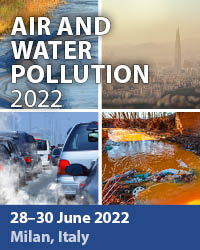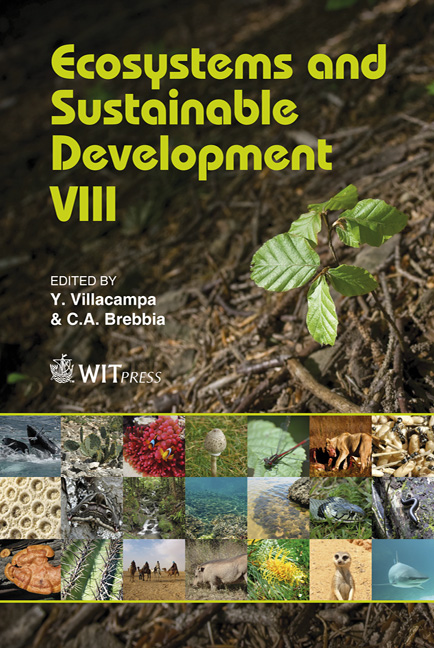Reducing Municipal Waste Through Promoting Integrated Sustainable Waste Management (ISWM) Practices In Surabaya City, Indonesia
Price
Free (open access)
Transaction
Volume
144
Pages
12
Page Range
457 - 468
Published
2011
Size
2,757 kb
Paper DOI
10.2495/ECO110401
Copyright
WIT Press
Author(s)
D. G. J. Premakumara, M. Abe & T. Maeda
Abstract
Solid waste management is considered to be one of the most serious environmental issues confronting urban areas in developing countries. In keeping with global trends, many cities are focused on integrated approach based on the 3Rs (reduce, reuse and recycle) and trying to reduce the amount of waste generation at source rather than later at the end-of-pipe. However, these efforts are still very limited with a mix of results and relatively few efforts have been made to regulate organic materials that usually comprise over 50% of the total waste generation in the cities. Despite the fact, Surabaya city, the second largest in Indonesia with a population of three million people has shown to have succeeded in reducing its municipal waste generation by more than 20% over the last four years, introducing waste separation and reduction activities at household, community-managed waste collection and polluter pay principle, promoting composting practice by setting up composting centers and distributing thousands of compost baskets to residents, and organising community cleanup campaigns and waste recycling activities with local NGOs, private sector (formal and informal) and the media. Surabaya’s achievement exemplifies how a city can reduce a large amount of waste in a short period of time spending limited budget by establishing Integrated Sustainable Waste Management System (ISWM), which seeks institutional, social, environmental, political, technical and financial aspects while emphasising the critical role of involving various stakeholders, covering waste prevention and resource recovery, including interactions with other urban systems and promoting and integrating different habitat scales from household, neighbourhood to city. Keywords: integrated sustainable waste management, composting, recycling, participation, informal sector, community-based organisations.
Keywords
integrated sustainable waste management, composting, recycling, participation, informal sector, community-based organisations





